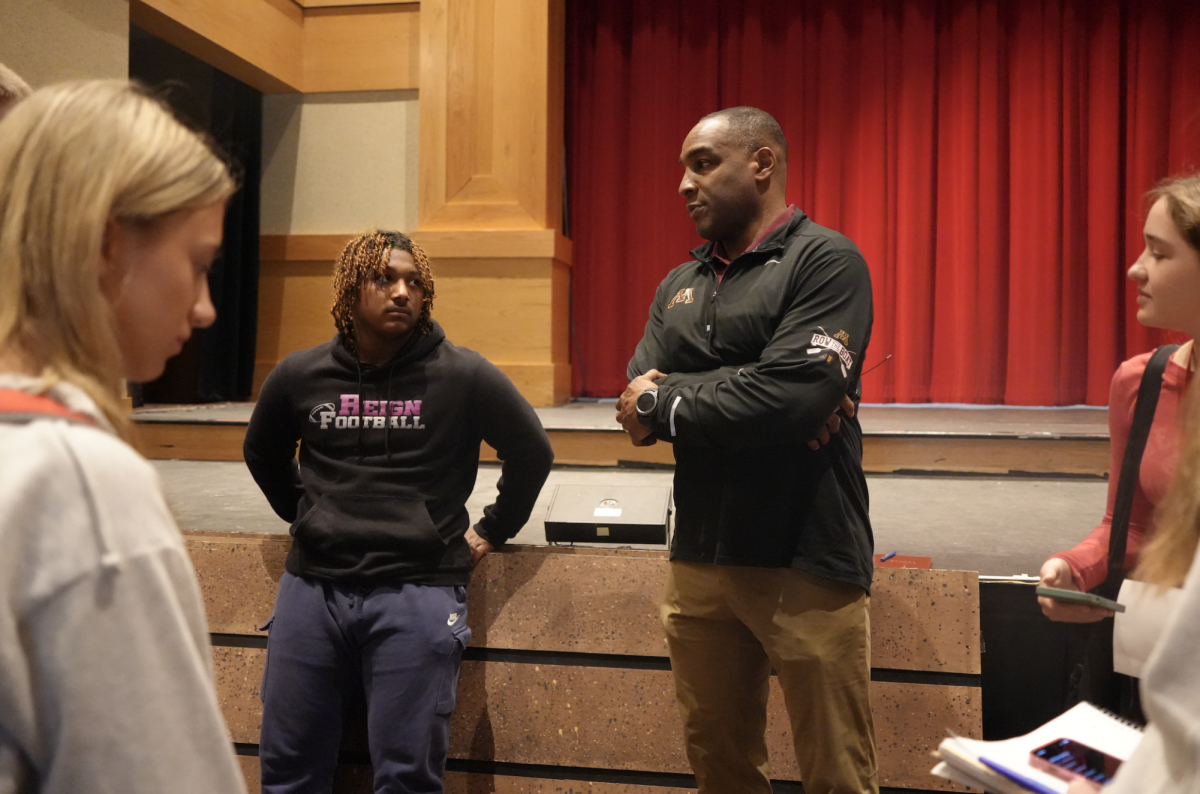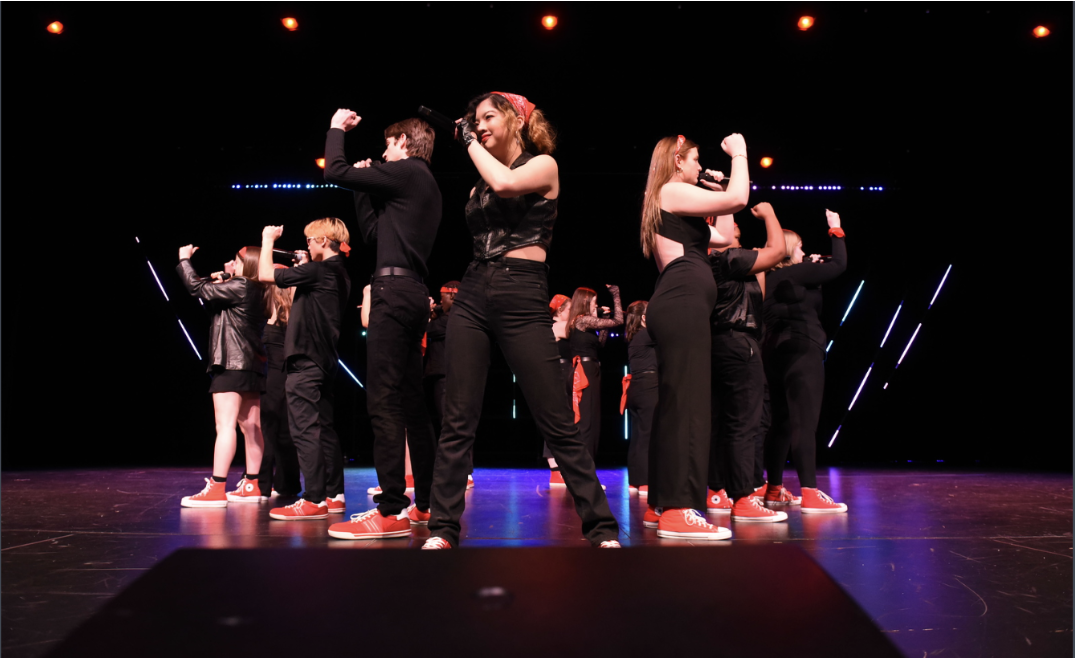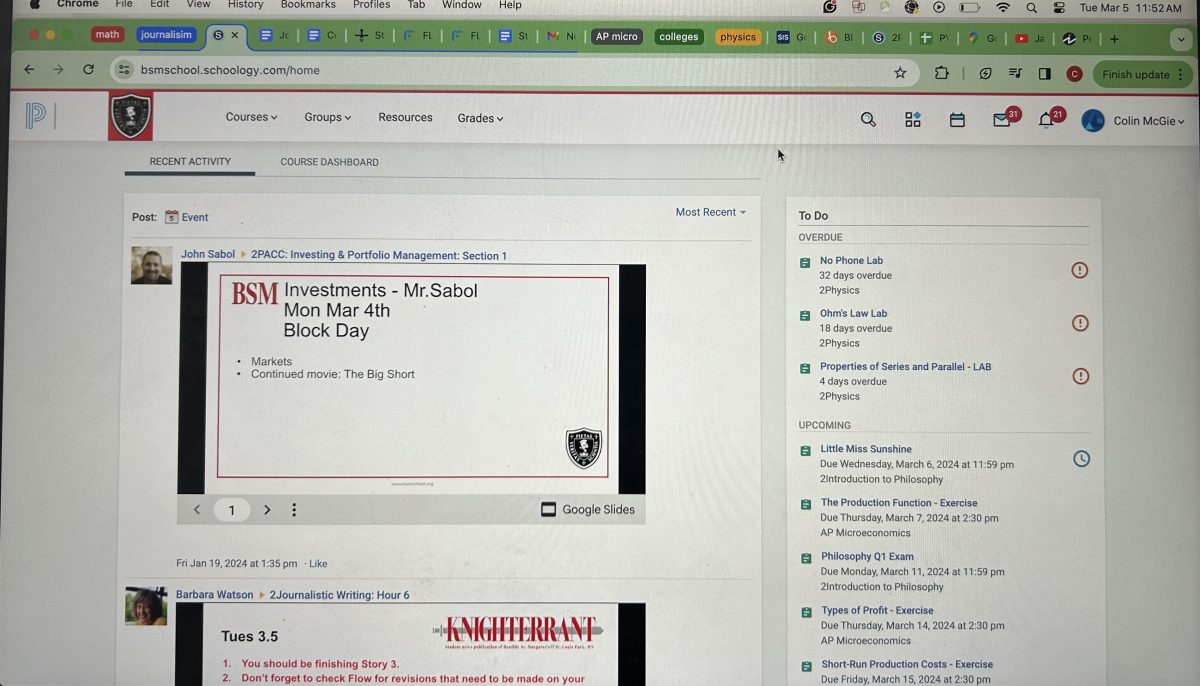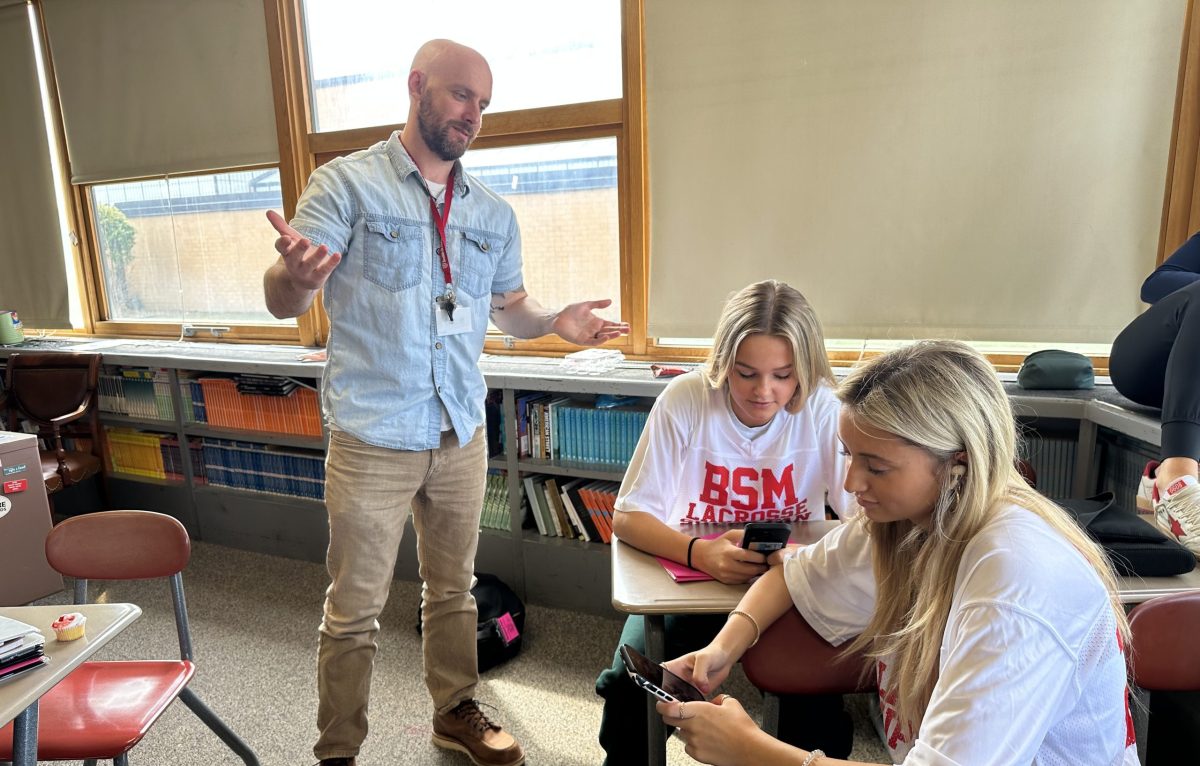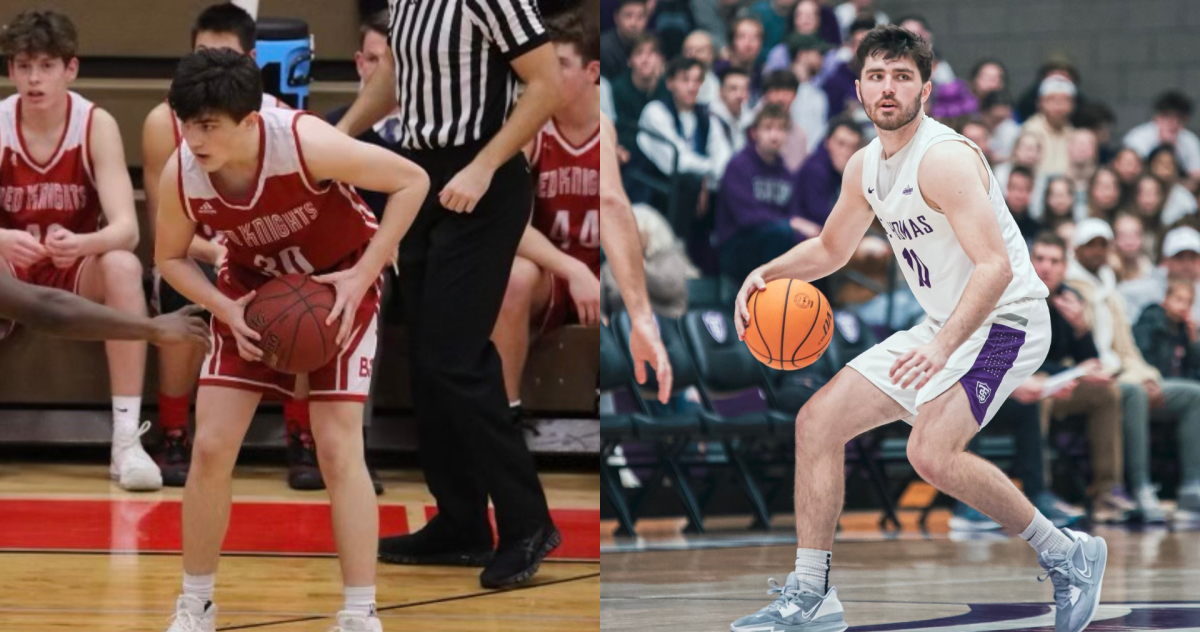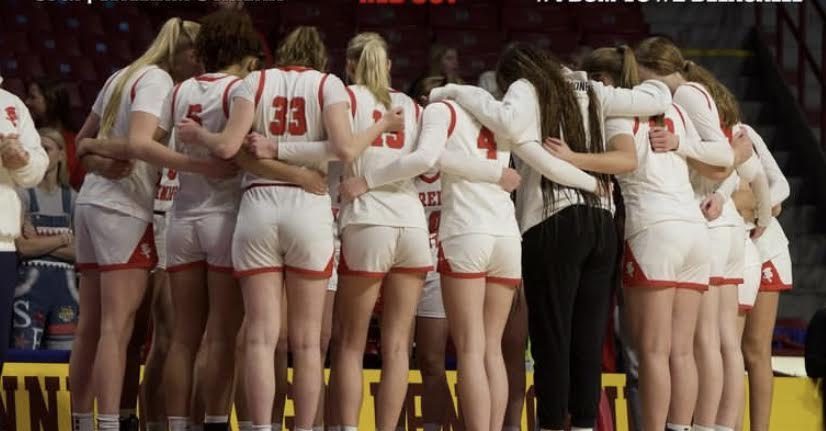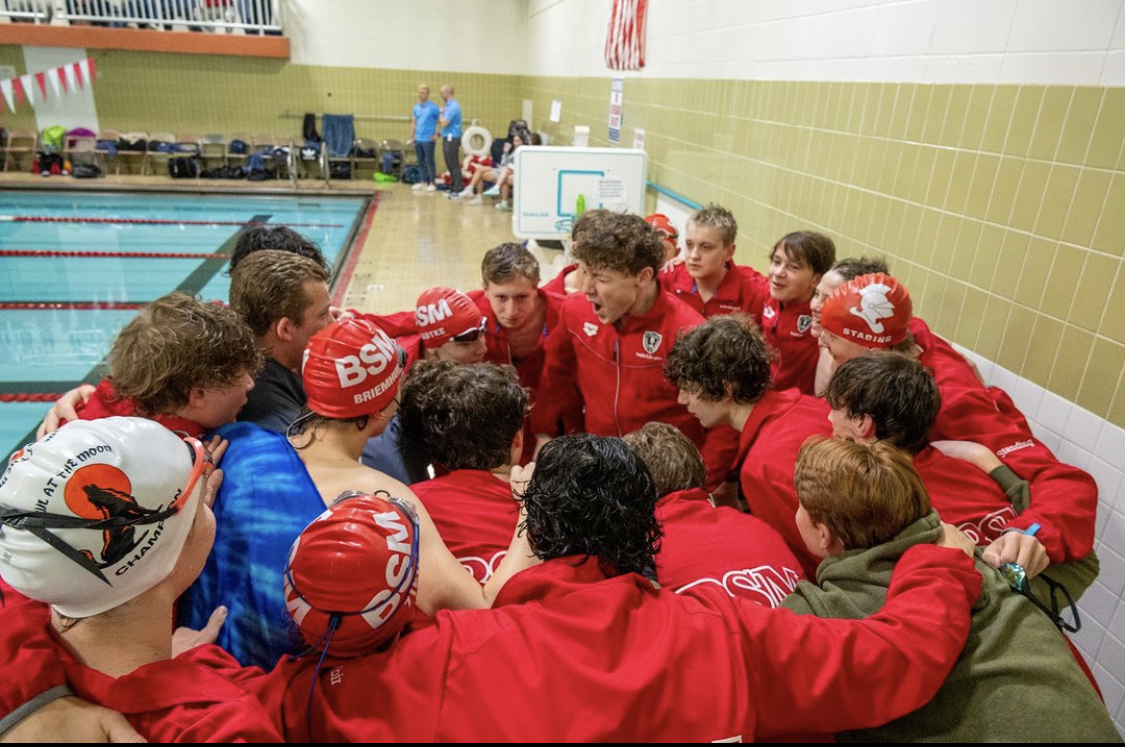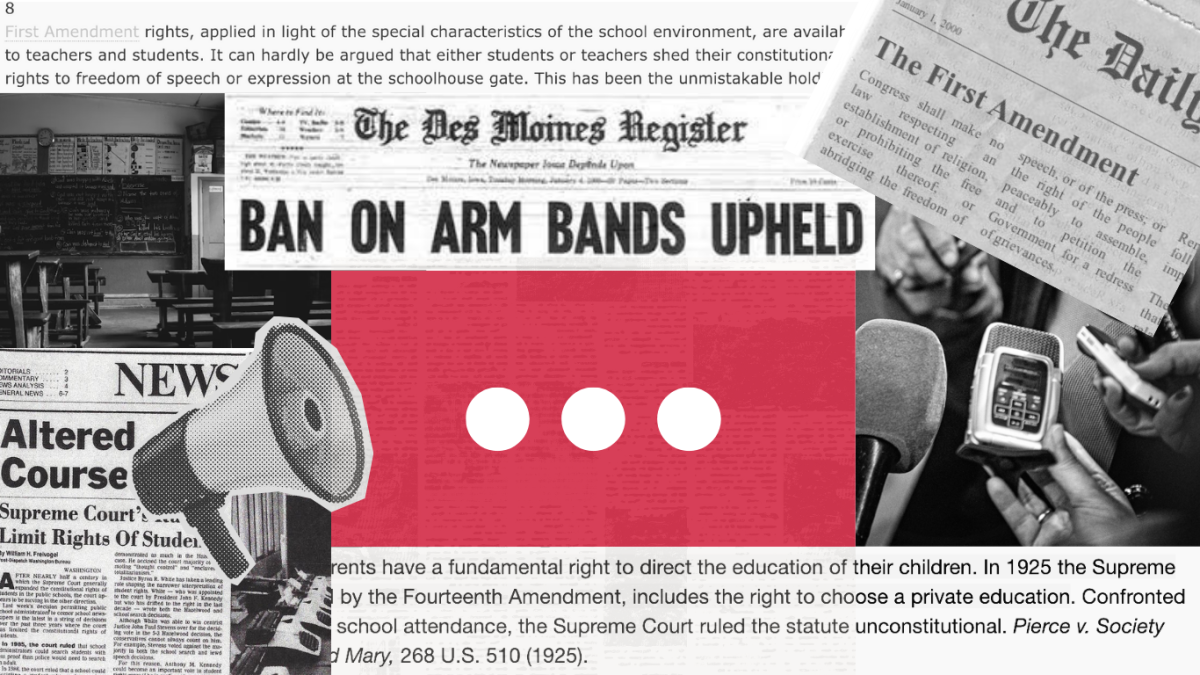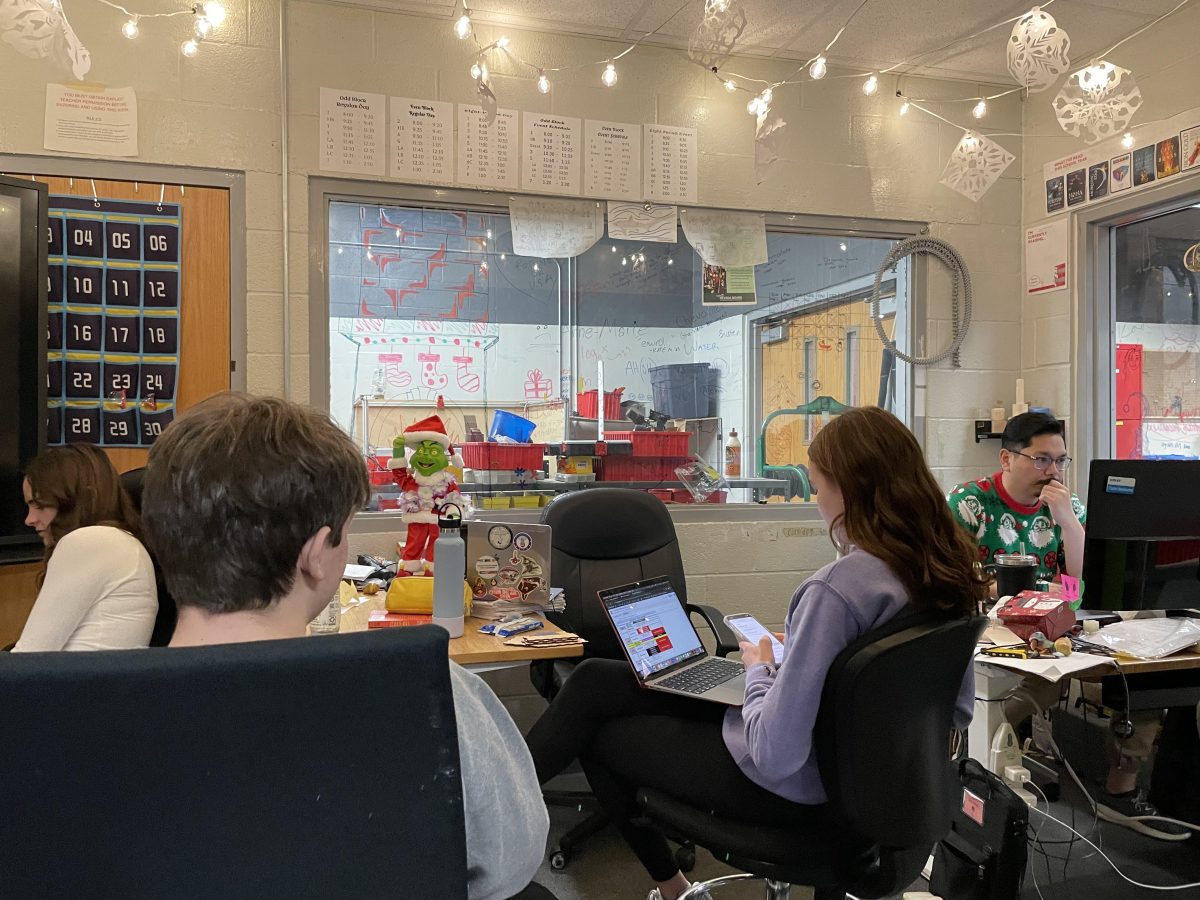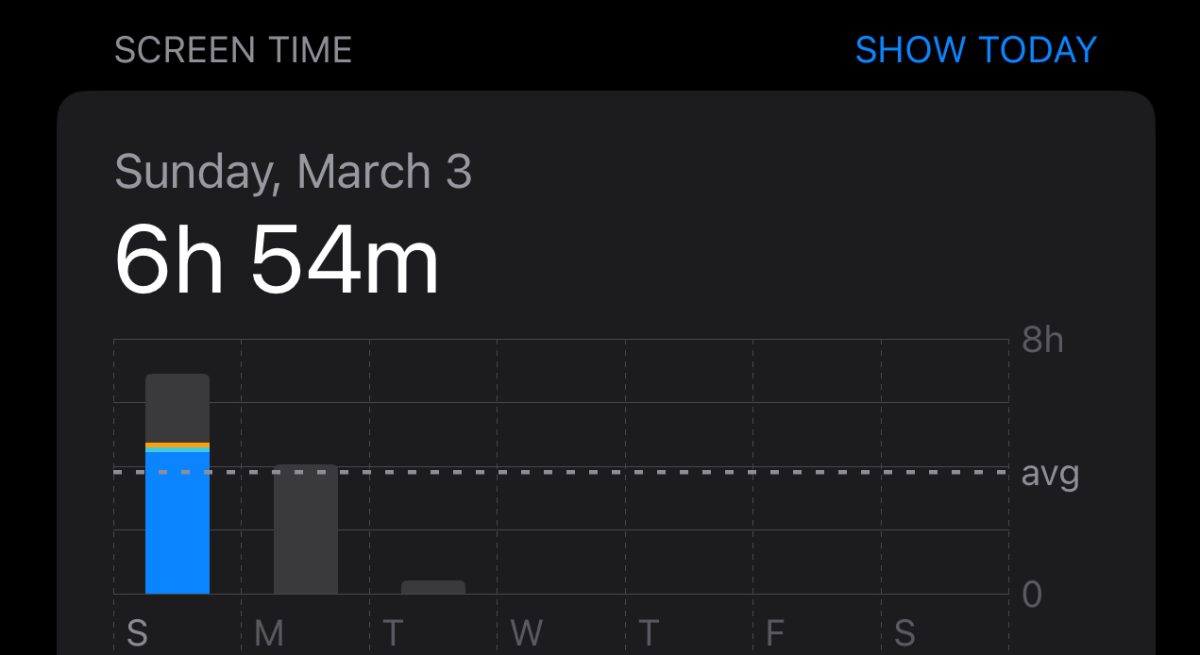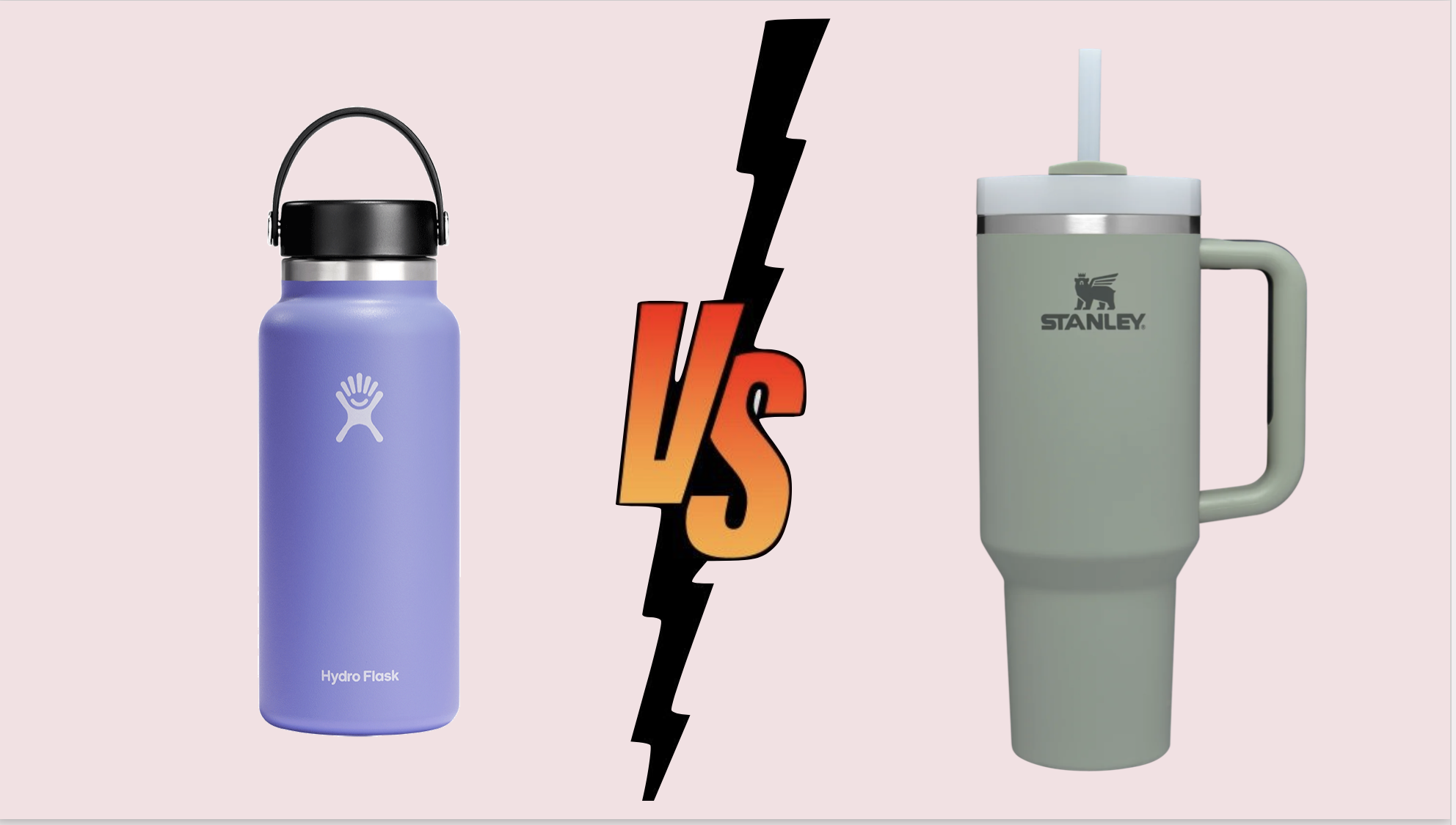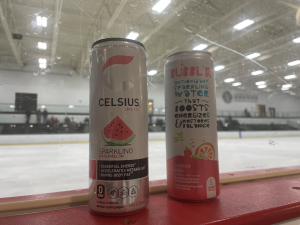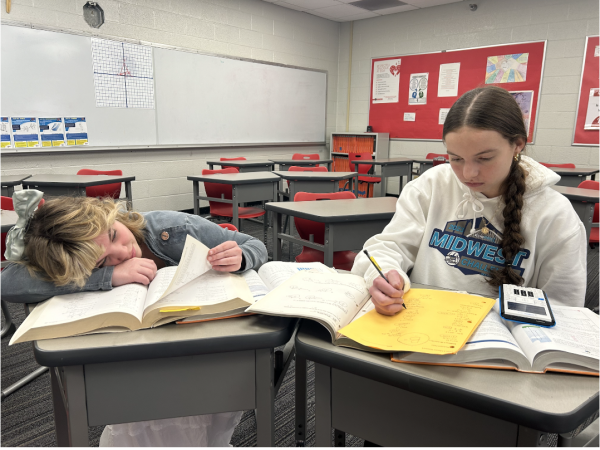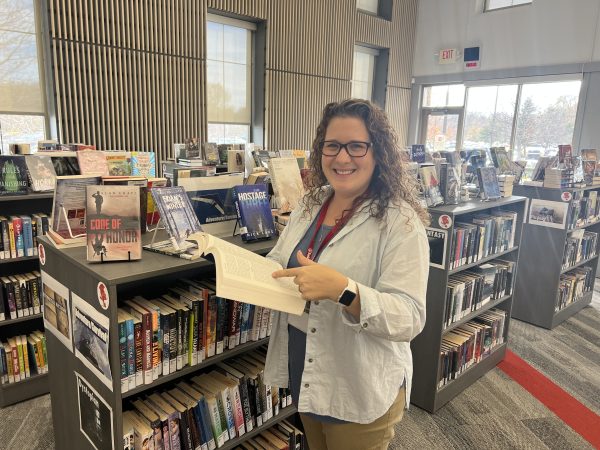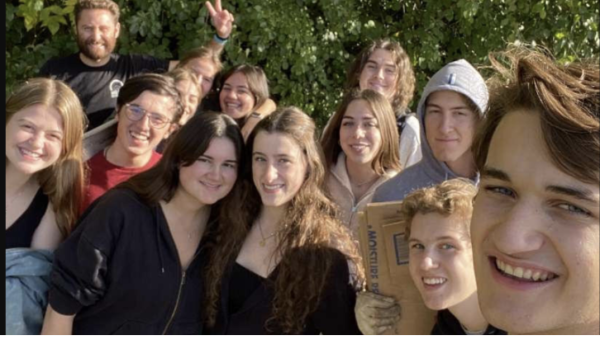Questioning racial profiling in Ahmed Mohamed’s confusing arrest
November 7, 2015
Our adolescent years are often remembered as a series of awkward growth spurts, parent carpools, and driver’s ed. However, in the case of Ahmed Mohamed, the 14-year-old Texas engineering prodigy who brought a homemade clock to school, things didn’t quite go as expected.
The powerful image of a confused middle schooler being taken away in handcuffs has cycled through thousands of international media platforms in the past couple of weeks. The teen, identified as Mohamed, donned a NASA shirt as he was taken into custody by local officers after his teacher mistook his homemade clock as a bomb. Thrust into interrogation without an adult or lawyer, Mohamed was left confused and too shell-shocked to answer their pressing questions.
Mohamed’s case went from excitement to hoax bomb threat in a matter of minutes.
— Junior Elizabeth Kupchella
Our nation has had its fair share of security threats, and I can appreciate that institutions, especially schools, are taking the issue of security seriously. We deserve to have the right to make intentional decisions about public safety. As Americans, we pride ourselves on our top-tier defense and safety through our anthems, our flags, and our spirit. But this story brings to light an underlying issue of racial profiling within our country.
Up until this point, despite my intentional awareness of racial profiling, I didn’t have an issue with Mohamed’s story––we can’t be lighthearted about security threats. If there is a possibility of someone injuring hundreds of young students, some form of action needs to be taken.
Mohamed and his family practice the religion of Islam, one that has received negative connotations known as Islamophobia––the fear that all Muslims are dangerous or pose a threat to society. The reactions of his peers and teachers––that same kind of fear––is what led Mohamed to change schools entirely.
I don’t have a problem with law enforcement acting on potential threats. But when the pressures and conditions are so public, so embarrassing, and so unprecedented that a high school freshman actually questions whether or not he’s a terrorist, I do have a problem with that.
If the teacher Mohamed showed the clock to had contacted authorities and handled the potential threat in a mature fashion, things might have been different. However, Mohamed’s case went from excitement to hoax bomb threat in a matter of minutes. Other kids aren’t treated like this: 14 year old Taylor Wilson built a nuclear reactor in his parents’ basement and he was awarded prizes from science fairs––not an arrest.
Although the response from celebrity figures has been overwhelmingly positive, including support from President Obama himself, it’s important to remember that this issue isn’t over––it’s not some two-week CNN headline. It’s peoples’ lives. It’s their faith. It’s their families. And it’s about time that we address our feelings of safety with consideration to those who face consequential oppression everyday.

